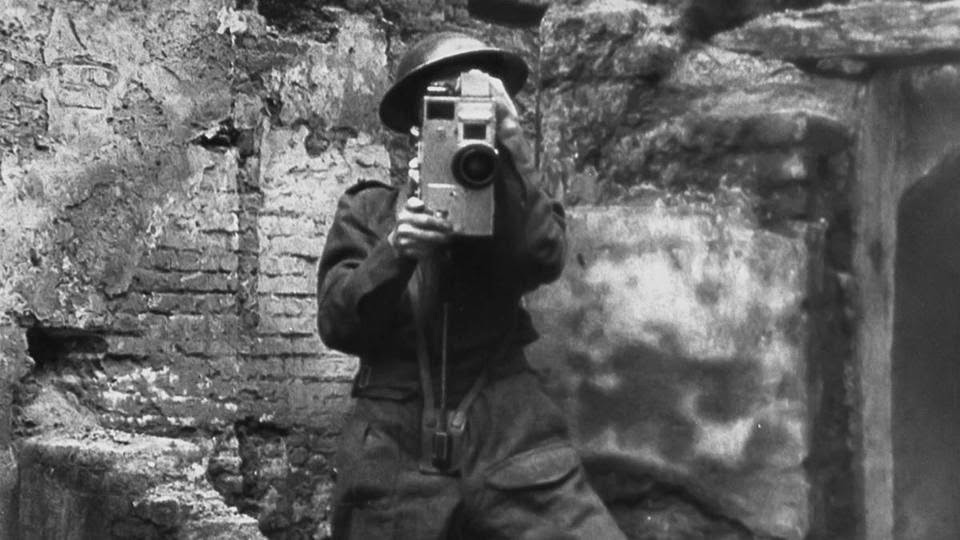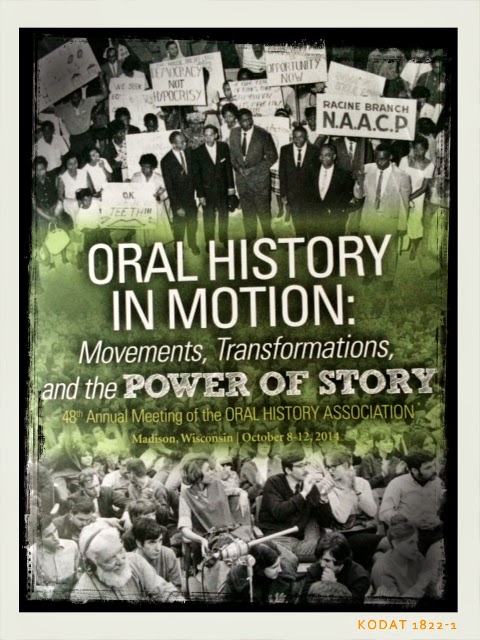Listen to Veterans: the Student, Citizen, Soldier Oral History Project

Veterans of the armed services aren't visible in our public and political culture because they aren't statistically significant. That's what Tom Landers, an Army veteran and a graduate student in History at Salem State University, reminds us in an oral history with historian Andrew Darien for an important oral history project that launches for Veterans Day. Support for veterans' benefits and accolades for their service spike during campaign season, but once the spotlights fade, political leaders shirk their promises. U.S. veterans fade back into the shadows of American society. We rarely see or hear them speak for themselves about war, politics, or the short and long term effects and implications of their military service. They become a convenient soundbyte. In many cases, their history gets used for others' gain. Over the past five years, Salem State University has grown its enrollment of veterans, thanks in large part to the Veteran Assistants Ve...




